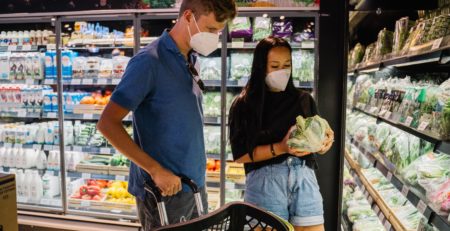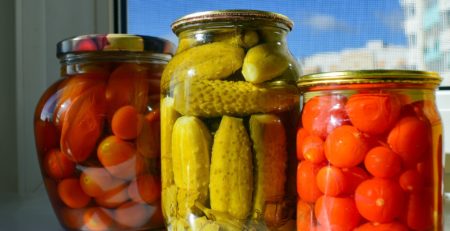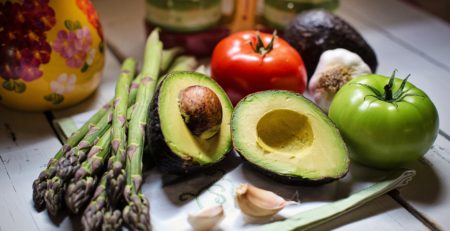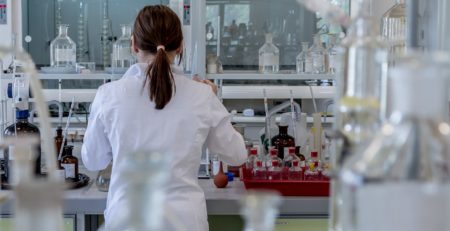Product authenticity and food fraud
Italian food is loved and appreciated all over the world, synonymous with quality, culture and tradition. Precisely for this reason our culinary excellences are often the subject of food fraud and many products passed off with the “made in Italy” brand turn out to be a poor copy of our specialties.
Foods that do not comply with food safety standards, often dangerous to human health, are placed on national and international markets with the simple aim of lowering production costs and increasing earnings.
This is why it is essential to guarantee the quality and authenticity of food products, the raw materials used and the manufacturing processes.
Food fraud
Food fraud is divided into commercial fraud and health fraud. The former include fraudulent actions on foods or their packaging, actions that are not dangerous to health, but that do not respect certain standards and favor illegal profits to the detriment of the final customer. This is the case of those products in which, for example, a different origin of the raw materials is indicated.
In the latter, there is the probability or certainty of causing damage to the health of citizens and of making foodstuffs potentially or certainly harmful. The focus is mainly on organic products, olive oil, wine, fish, meat and dairy products.
Food frauds include:
• sophistication, which occurs when a foreign substance is added to the food to improve the appearance and cover the defects of the product, which alters its essence and natural composition;
• adulteration, which includes all those actions, harmful to health, which alter the original composition of a food through the replacement of elements of the food with other extraneous elements, or with the subtraction of elements of the food or by increasing the proportional quantity of one or more of its components;
• alteration, which occurs when the original structure of the element is modified to hide spontaneous degenerative phenomena, caused by incorrect storage methods;
• counterfeiting, which consists in forming an apparently genuine food from scratch with substances that are different, in quality or quantity, from those that normally contribute to forming it.
The challenge for the official control bodies, just think of the N.A.S. (Antisophistication and Health Units) of the Carabinieri in Italy, is to counter this phenomenon with constant monitoring and inspections on the territory.
In recent years, the food supply chain itself has been equipped with specific food certifications capable of ensuring high quality of products and processing processes, an accurate risk assessment, compliance with hygiene and health standards, the implementation of systems quality management, product traceability and efficient warning systems for the withdrawal of food from the markets.
Food safety and certifications
The GFSI (Global Food Safety Initiative) certifications, a non-profit foundation founded in 2000 in Belgium directed by the Consumer Good Forum, which includes the most important retailers, producers and operators in the food sector at an international level, offer companies a real advantage competitive on global markets.
These certifications make it possible to harmonize the various food certification standards, reduce the time and costs of audits and meet the demands of increasingly demanding consumers, in terms of product quality and food healthiness.
Among the most widespread food certifications recognized by GFSI, we remember:
• Best Aquaculture Practices (BAP);
• BRC global standard BRC (British Retail Consortium) for agents and intermediaries;
• BRC Global Standard on Food Safety;
• BRC Global Standard for Packaging and Packaging Materials;
• BRC global standard for storage and distribution;
• FSSC 22000 (Certification on the food safety system);
• Global GAP (Good Agricultural Practices);
• IFS food (International Featured Standard);
• IFS Logistics;
• SQF (Safe quality food).
IFS BROKER certification
IFS Broker is certainly one of the most important IFS Standards (International Featured Standards) for assessing the compliance of the services offered by companies, which carry out commercial activities relating to food products, for the home, for the person, for packaging materials in relation to quality. and product safety and ensure the transparency of the entire supply process.
In particular, this standard, in its most updated version (version 3), is essential for:
• evaluate the process of selecting and / or managing its suppliers for the products requested by customers;
• assess the ability of the company or person to fulfill the traceability of the products delivered to the customer;
• assess the ability of the company or person to recall a product.
With the latest updates it was decided to give particular emphasis to the responsibilities of brokers, who are real intermediaries between manufacturers and retailers, to introduce requirements for the mitigation of food fraud and to align audit protocols with IFS standards and the GFSI Guidance Document with the introduction of the unannounced audit option.
The IFS Broker therefore seeks to bridge the gap between the world of production and that of distribution, ensuring stringent safety criteria throughout the entire supply chain and ensuring the quality of products and processes.
If you wish to request advice on the main food certifications, the team of Studio Santoro will be able to guide you in choosing the service that best suits your needs.











